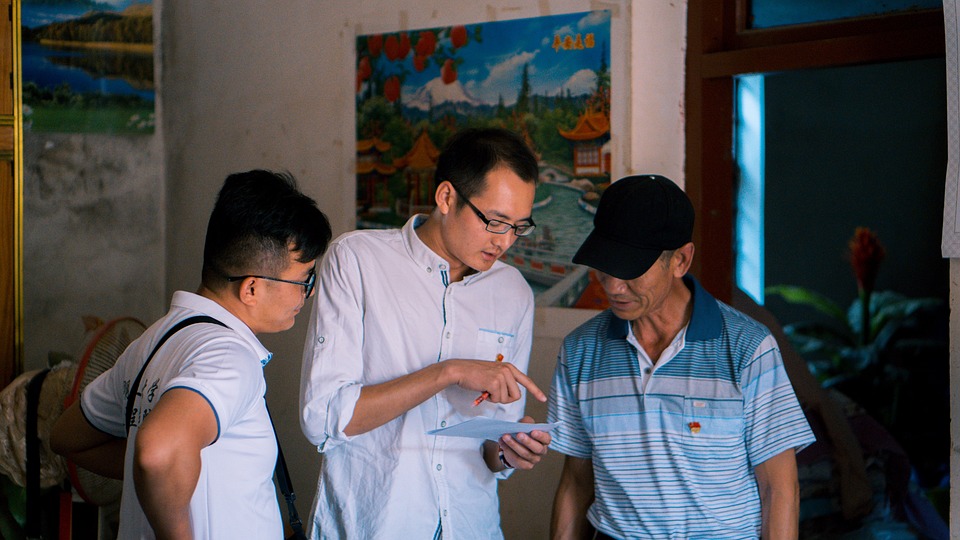
From Black Lives Matter to #MeToo: How Social Movements are Shaping Society
In recent years, social movements have gained significant traction and have brought about sweeping changes in society. From the Black Lives Matter movement to the #MeToo movement, these movements have sparked important conversations about issues such as racial inequality, police brutality, and sexual harassment. In this article, we will explore how these social movements are shaping society and the impact they are having on individuals and communities.
The Black Lives Matter Movement
The Black Lives Matter movement emerged in 2013 in response to the acquittal of George Zimmerman, the man who fatally shot Trayvon Martin, an unarmed African American teenager. The movement aims to address systemic racism and the disproportionate violence and discrimination faced by black individuals in the United States. Since its inception, the Black Lives Matter movement has organized protests, advocacy campaigns, and community events to raise awareness about police brutality and racial injustice.
One of the key achievements of the Black Lives Matter movement has been its role in sparking a national conversation about race and racism. The movement has challenged the status quo and called attention to the ways in which black individuals are marginalized and oppressed in society. By putting a spotlight on issues such as police violence and mass incarceration, the Black Lives Matter movement has brought attention to the need for systemic change and social justice reform.
The #MeToo Movement
The #MeToo movement began in 2017 as a response to the widespread prevalence of sexual harassment and assault in various industries, including entertainment, media, and politics. The movement was sparked by allegations of sexual misconduct against film producer Harvey Weinstein and quickly gained momentum as thousands of individuals shared their own stories of abuse and harassment using the hashtag #MeToo.
The #MeToo movement has exposed the pervasive nature of sexual violence and harassment and has prompted a global reckoning with the ways in which sexism and misogyny manifest in society. The movement has led to the downfall of powerful men who have been accused of misconduct, and has empowered survivors to come forward and seek justice for the harm they have experienced.
Impact on Society
Both the Black Lives Matter and #MeToo movements have had a profound impact on society, influencing public discourse, policies, and cultural norms. These movements have forced institutions and individuals to reckon with the ways in which discrimination, violence, and harassment are perpetuated in society, and have demanded accountability and justice for those who have been harmed.
One of the most significant effects of these movements has been the creation of new spaces for marginalized voices to be heard and validated. The Black Lives Matter movement has provided a platform for black individuals to speak out against racism and demand change, while the #MeToo movement has given survivors of sexual violence a platform to share their stories and demand accountability from perpetrators. These movements have also sparked important conversations about intersectionality and the ways in which different forms of oppression interact and compound one another.
In addition to shifting public attitudes and raising awareness, these movements have also led to concrete changes in policies and practices. The Black Lives Matter movement has pushed for reforms in the criminal justice system, including calls to defund the police and invest in community-based solutions to violence. The #MeToo movement has prompted workplaces to examine their policies and procedures around sexual harassment and has led to the passage of new laws aimed at preventing and addressing sexual violence.
Challenges and Opportunities
While social movements like Black Lives Matter and #MeToo have made important strides in addressing systemic injustice and inequality, they also face challenges in sustaining momentum and achieving lasting change. Both movements have faced backlash from opponents who seek to discredit their messages and undermine their legitimacy. Critics have accused the movements of being divisive, extremist, or unrealistic in their demands for social change.
Despite these challenges, social movements have the potential to spark transformative change and create a more just and equitable society. By mobilizing individuals and communities around shared values and goals, movements like Black Lives Matter and #MeToo have the power to challenge the status quo and push for systemic reforms that address the root causes of inequality and injustice.
In conclusion, social movements like Black Lives Matter and #MeToo are shaping society in profound ways by challenging the entrenched power structures and norms that perpetuate discrimination and violence. These movements are creating spaces for marginalized voices to be heard, demanding accountability and justice for those who have been harmed, and pushing for systemic reforms that address the root causes of inequality and injustice. As these movements continue to gain momentum and inspire change, it is essential for individuals and communities to support and uplift their messages in order to create a more just and equitable society for all.